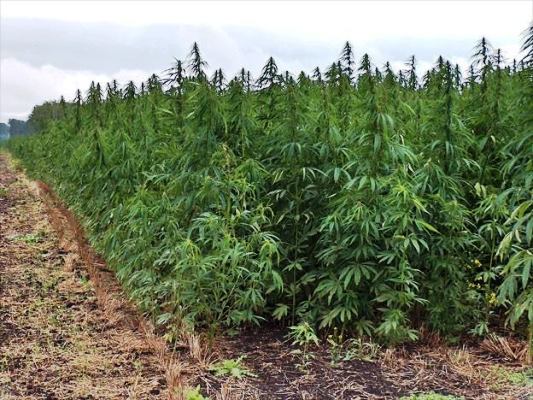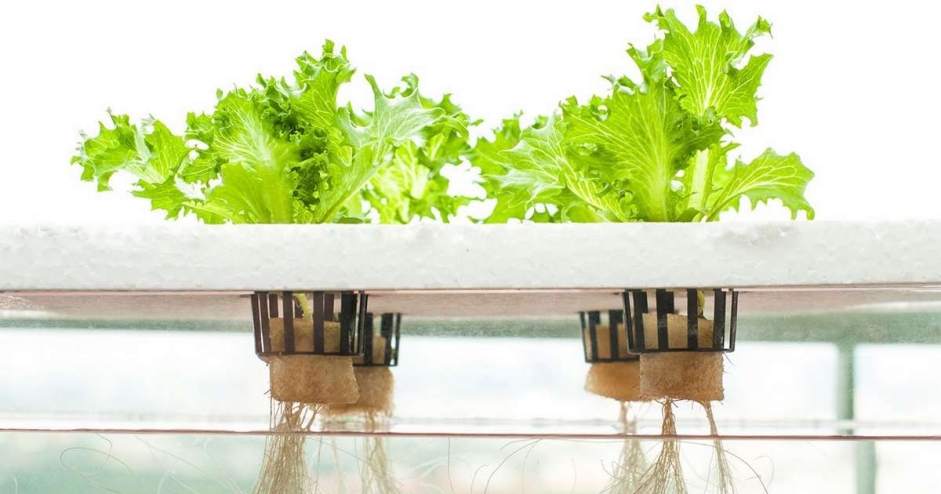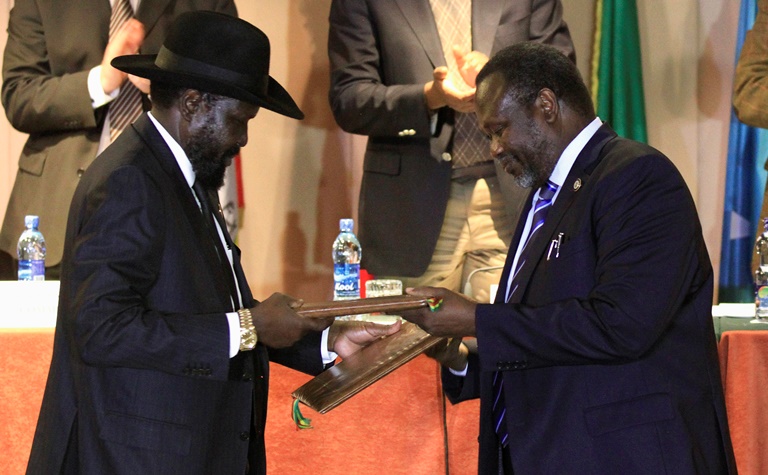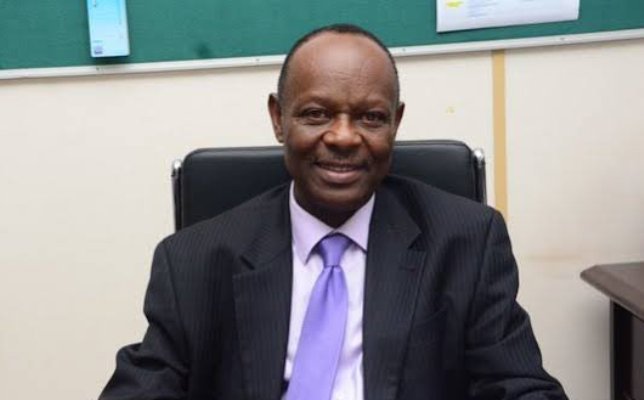A number of international firms are seeking to grow marijuana in Uganda to cash in on the growing multi-billion dollar business.
This site understands that a number of local firms are also willing to venture into the lucrative weed.
On March 18, 2019, Uganda Investment Authority (UIA) cleared Together Pharma Limited, an Israel firm, to start growing medical cannabis popularly known as marijuana on a commercial scale in Kasese.
In Uganda, the company will operate as Industrial Globus Uganda Ltd. The company had promised to build a marijuana oil extraction plant in Kampala with an initial investment of $5m (Shs18.7 billion).
However, last week government halted Together Pharma Limited’s investment license.
According to Evelyn Anite, Uganda’s State Minister for Investment, government is still awaiting guidance from Cabinet and Parliament for proper direction and setting up of the necessary laws.
“Cabinet has asked the Ministry of Health to do more research on the growing and exporting of medical cannabis. There are four more investors who want to grow cannabis for medical benefits but the Ministry was tasked to see how it will be grown, controlled and set up the necessary laws to govern such a sector,” Anite said.
She added: “…before the Ministry of Health makes a report to the cabinet and Parliament has set up the necessary laws, the license that had been issued is withheld until all the above is in place.”
Whereas the Minister said four more investors want to grow medical cannabis in Uganda, Daily Monitor reports that it has seen a Cabinet information paper by the Ministry of Health indicating that “the minister of Health has received applications from 14 companies interested in the cultivation, extraction and export of cannabis oil for medical purposes in line with the provisions of Narcotic Drug and Pyschotropic Substances (Control) Act 2015”.
The 14 are besides an already established firm, Industrial Hemp Uganda Ltd and its partners, which have been in the country for the past decade with operations in Kasese and other areas.
Medical cannabis is a term used to describe the use of the
cannabis plant and its constituent cannabinoids to alleviate symptoms and help
people struggling with medical conditions.
Across the globe, cannabis is one of the most exciting growth industries and is
garnering significant attention from investors, manufacturers and researchers.
“There is a big economic value potential for the country considering the rate at which countries are opening up their markets for the sale of cannabis products for medical purposes,” the Ministry of Health notes in the brief to Cabinet.
In the Cabinet document, the minister lists the benefits to include employment opportunities, taxes, technology transfer, investment opportunities, and trade surplus, among others.
For example, the paper notes, cannabis farming is labour intensive, all plant care and harvesting are done by hand, providing employment opportunities.
The Health ministry, however, warns that there is reasonable fear that legal cultivation of medical cannabis could lead to increase of the product, which will lead to escalation of cannabis abuse and associated consequences.
“The risks associated or resulting from the legal cultivation of cannabis are mitigated by the fact that cannabis is a highly controlled plant globally, regulations are overly strict, which ensures maximum adherence,” she adds.
In the Cabinet paper, it is proposed that the Minister of Health will issue written consent for the cultivation of prohibited plants, NDA will issue production and export licences and both the police and NDA will conduct inspection and enforcement of the law.
“As much as the area of cannabis cultivation and extraction on an industrial scale is new in Uganda, stringent measures are in place to regulate it. These projects will create jobs, bring in foreign currency, and above all there is no imminent threat to the people of Uganda or the environment if the measures put in place are adhered to,” the Health Ministry memo to Cabinet concludes.
Authorised
Documents seen by Daily Monitor
indicate that Industrial Hemp Uganda Ltd, founded and incorporated in 2012 in
Uganda, is the only local entity that has so far been authorised to undertake
activities related to the growing and processing of medical cannabis (medical
marijuana) and cannabis products alongside Sativa for industrial purposes in
Uganda, with the supervision of Ministry of Health and other responsible
government agencies/department such as the police.
The company, which partnered with Together Pharma Limited of Israel, has commercial contracts signed for supplies in excess of $350m(about Shs1.3 trillion) annually to European Union countries, specifically Germany and Canada in North America.
“Industrial Hemp Uganda Limited obtained a no-objection from the National Drug Authority and equally has all the necessary clearance from the Ministry of Agriculture, Ministry of Internal Affairs and the Ministry of Health,” Justice and Constitutional Affairs minister, Gen Kahinda Otafiire, writes in a February 15 letter to the chief operations officer of Together Pharma Limited.
He adds: “The government of Uganda is well aware of their operations in Kasese District and the various benefits the said project has in terms of employment of Ugandans, revenue generation, technology transfer, development and improvement of the medical application of hemp and medical cannabis in the medical sector”.
The law
Section 14 Narcotic Drugs & Psychotropic Substance
(control) Act, 2019, which commenced on January16, 2019, empowers the National
Drug Authority (NDA) to issue licences for export, import, manufacture, etc.
(a) issue licences, for sale, manufacture, production or distribution of
specified narcotic drugs or psychotropic substances;
(b) prescribe the manner in which a narcotic drug or psychotropic substance is
to be packed or marked for export;
(c) prescribe the records to be kept for the export, import, receipt, sale,
disposal or distribution of a narcotic drug or psychotropic substance; and
(d) determine the line of narcotic drugs or psychotropic substances which may
be supplied and prescribed for medical, dental and veterinary purposes and
prescriptions.
Section 4 of the Act criminalises possession of narcotic drugs and psychotropic
substances and provides sanctions, including lengthy prison sentences and
fines.
Exceptions.
The exception is
in Subsection (3) “(a) a person who has
possession of a narcotic drug or psychotropic substance under a licence issued
under Section 27 of the National Drug Policy and Authority Act, permitting him
or her to have possession of the narcotic drug or psychotropic substance;
(b) a medical practitioner, dentist, veterinary surgeon or registered
pharmacist who is in possession of a narcotic drug or psychotropic substance
for any medical purpose;
(c) a person who possesses a narcotic drug or psychotropic substance for a
medical purpose from, or using a prescription of, a medical practitioner,
dentist or veterinary surgeon; or
(d) a person authorised under regulations made under this Act to be in
possession of a narcotic drug or psychotropic substance.
Countries legally growing marijuana
Countries such as Uruguay, Canada, Lesotho, Zimbabwe, and
South Africa, some states in the United States, Germany and many other
countries in the European Union have legalised cannabis for medical use.
In Lesotho, for example, Cannabis is widely produced and is a leading cash crop
for the country. In 2017, Lesotho became the first African country to grant a
licence for the cultivation of medical cannabis for export. Currently, the UK
is the largest exporter of medical cannabis in the world. According to the
International Narcotics Control Board (INCB), 95 tonnes of cannabis was
produced in the UK for medicinal and scientific use, accounting for 44.9 per
cent of the world total
Hemp is commercially grown in Africa by Egypt, in Americas
by Canada, USA, and Chile.
In Asia, it is grown in China and India and China is the biggest exporter of
hemp paper and textile, earning at least $200m (Shs745b) per year. Canada is
now the biggest producer and exporter of hemp seed products, including hemp
oil, hemp protein powder. It accounts for 60-90 per cent of the total USA hemp
import market.
In Europe, it is grown in Austria, Denmark, Finland, France, Germany, Britain, Hungary, Poland, Portugal, Romania, Russia, Slovenia, Spain and Ukraine. Europe hemp industry is focused on industrial uses such as materials for automobiles and construction. European Union subsides farmers at $400 (Shs1.5m) per acre.





